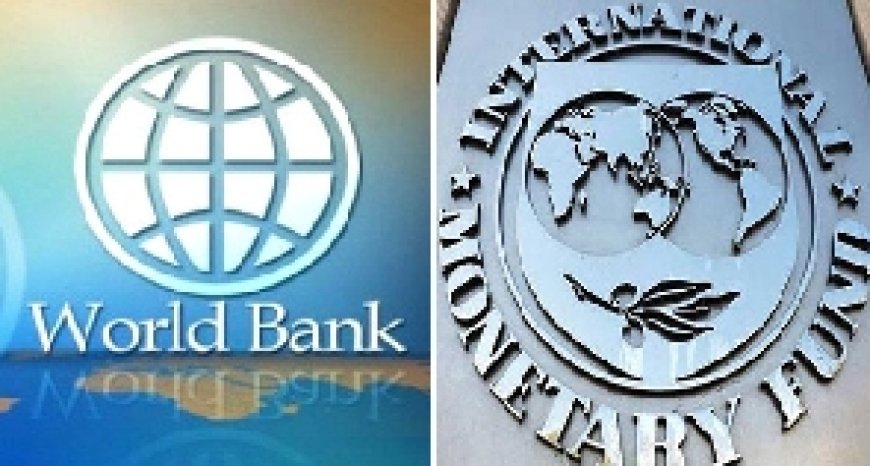Ghana to Receive $1.32 Billion from IMF, World Bank to Fund 35% of Budget Deficit – Ato Forson
Ghana is set to receive $1.32 billion in financial support from the International Monetary Fund (IMF) and the World Bank to help cover 35% of the country’s budget deficit, according to Minority Leader Dr. Cassiel Ato Forson. This financial intervention is expected to provide much-needed relief as the country navigates economic challenges and implements key reforms outlined in the 2025 Budget.

Dr. Forson revealed that Ghana’s budget deficit remains a major concern, with significant financing gaps threatening economic stability. The $1.32 billion funding package is expected to ease fiscal pressures by covering more than a third of the projected shortfall for the fiscal year. The funding will be instrumental in maintaining essential government expenditures, particularly in social services, infrastructure projects, and debt servicing.
Breakdown of the $1.32 Billion Support
The financial package consists of:
-
$600 million from the IMF under the ongoing Extended Credit Facility (ECF) program, aimed at supporting economic recovery and structural reforms.
-
$720 million from the World Bank, earmarked for critical social programs, infrastructure development, and economic stabilization measures.
This combined support aligns with Ghana’s broader efforts to implement economic reforms and meet fiscal sustainability targets agreed upon with international lenders.
Economic Reforms and Policy Commitments
To secure these funds, Ghana has committed to several economic reforms, including:
-
Expenditure Rationalization: The government is expected to cut unnecessary spending while prioritizing investments that drive economic growth.
-
Revenue Mobilization: Strengthening domestic revenue collection through improved tax policies and digitalization initiatives.
-
Debt Restructuring: Continued negotiations with creditors to restructure existing debt and reduce the debt-to-GDP ratio.
-
Monetary Policy Adjustments: Measures to curb inflation and stabilize the local currency to restore investor confidence.
Political Reactions and Concerns
While the funding is seen as a positive step toward economic recovery, Dr. Forson and the Minority in Parliament have raised concerns about Ghana’s growing reliance on external borrowing. They argue that overdependence on IMF and World Bank loans could limit the country’s financial sovereignty and lead to stringent economic conditions that may affect social spending.
On the other hand, government officials maintain that securing international support is necessary to sustain economic recovery efforts and prevent further economic deterioration. The administration has assured Ghanaians that the funds will be used efficiently to achieve sustainable development goals.
Conclusion
The $1.32 billion financial support from the IMF and World Bank marks a significant milestone in Ghana’s economic recovery efforts. As the government works to bridge the budget deficit and implement critical reforms, the success of these measures will largely depend on prudent fiscal management, transparency, and long-term economic planning. The coming months will be crucial in determining the impact of this financial assistance on Ghana’s economic trajectory.
What's Your Reaction?



















































































